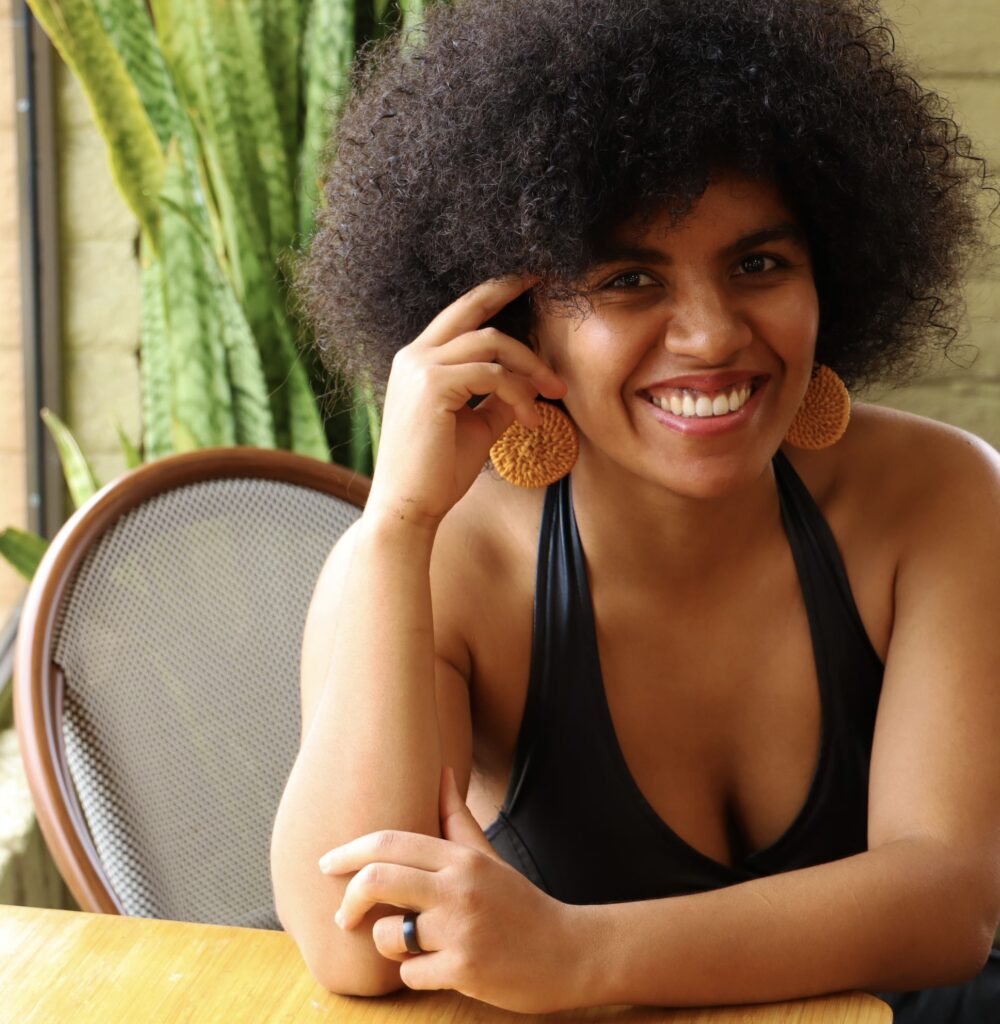
Solaire Denaud (she/they) is a French and Haitian Ph.D. candidate in the Comparative Literature Program at the University of California, Santa Barbara, and a 2025-2026 Charlotte Newcombe Fellow.
Their research examines the role of animal and environmental ethics in key anti-racist and anti-colonial movements, including Rastafari, the Nation of Islam, the Civil Rights Movement, Afro-futurism, and Womanism.
“On Being Fruit-Full and Multiplying”: The Unknown Roots of Black Veganism Within Southern Midwifery
My summer research project, “On Being Fruit-Full and Multiplying”: The Unknown Roots of Black Veganism Within Southern Midwifery, traces the origins of plant-based herbalist and dietetic work among Black nutritionists to a prominent but forgotten figure, Alvenia Moody Fulton. Fulton was a midwife born in Tennessee and raised in a Southern community of herbalists drawing on the plant knowledge of enslaved African women.
Her teachings, which blended her apprenticeship in slave herbalism with concepts from Protestant health food lectures, resonated with the African American community, leading her shop to achieve incredible success at the time.

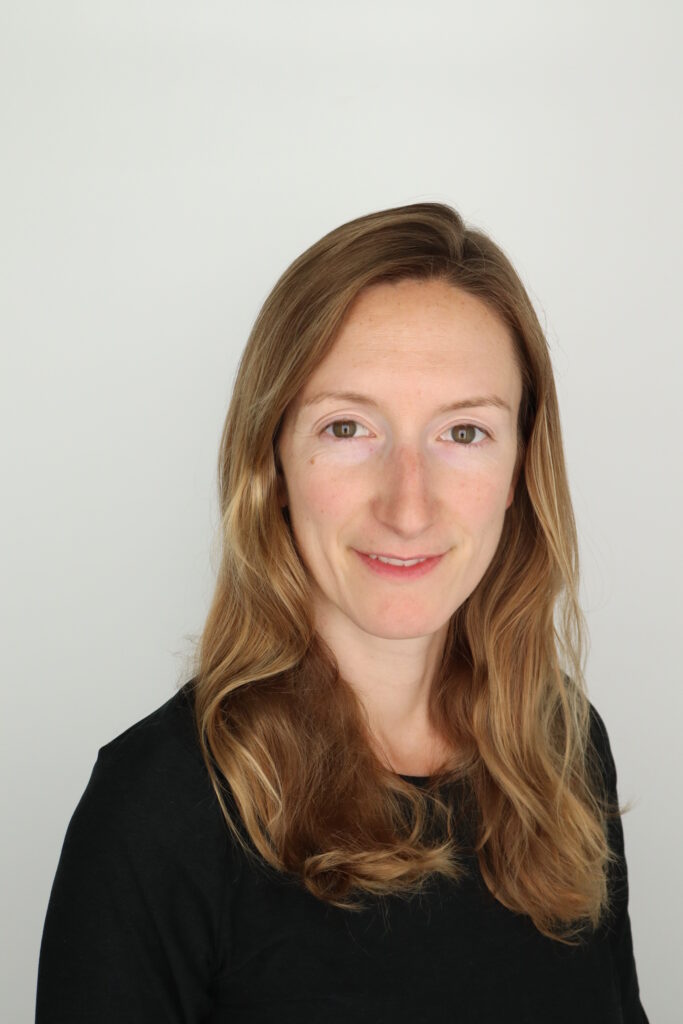
Gabrielle Husted (She/Her) is a PhD Candidate in Geography at UC-Santa Barbara. As a nurse-geographer, she brings both clinical and spatial perspectives to examine how place-based exposures “get under the skin” to influence cognitive aging, especially among historically marginalized populations.
Her research links structural determinants of health with biological outcomes to understand the geographic and social distribution of Alzheimer’s Disease and Related Dementias, with a commitment to producing actionable, equity-centered science.
Environmental and Geo-Social Factors in Alzheimer’s Disease Development: A Feminist Geohealth Perspective
This project examines how exposure to phthalates—endocrine-disrupting chemicals found in plastics—affects gut microbiome composition and contributes to Alzheimer’s Disease risk. Using
fecal samples from the Wisconsin Registry for Alzheimer’s Prevention, I will quantify phthalate metabolites and microbial disruptions to explore biological pathways linking environmental
toxicants to cognitive decline.
Guided by socio-ecological theory in addition to feminist and environmental justice frameworks, I will also assess how neighborhood disadvantage and social inequality shape vulnerability. This research integrates biochemical analysis, spatial data, and structural theory to better understand how environmental risk is unevenly distributed and biologically embodied.

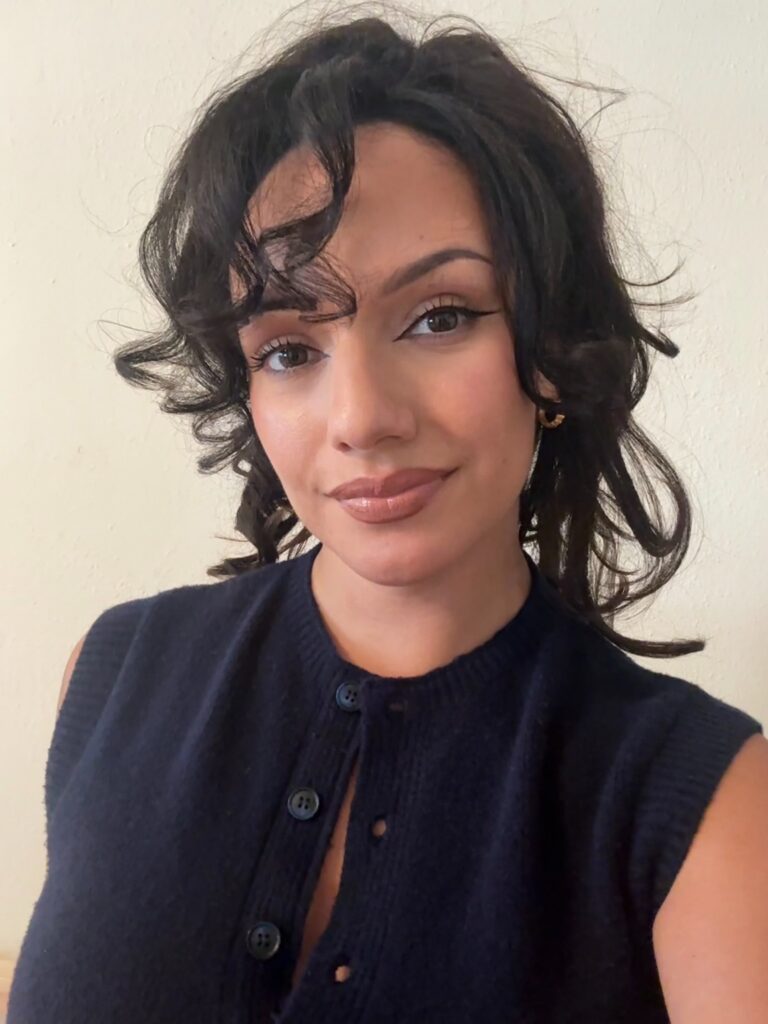
Veronica Mandujano (she/her) is an Xicana scholar/practitioner bridging parterismo – a Mexican Traditional practice of undisturbed home birth – with critical analysis of obstetric science. My research examines how a Western gaze has relegated Indigenous pain-free childbirth as “primitive”, whereas the West has developed practices and industries that center over-medicalization and contribute to a pathology of the maternal body.
My research traces the emerging science of the female nervous system as a site of epistemic shift— from mind-body dualism toward embodied, womb-up knowledge.
Laboring Under Assumption: The ‘Obstetrical Dilemma’ as Colonial Inheritance
Many can agree that childbirth is extremely painful, my research asks if this is inherent, or rooted in assumptions that influence practice? Considering that I descend from people in rural Guanajuato, MX. who understand and experience childbirth as naturally painless, and sometimes deeply pleasurable, I wonder if Western approaches are rooted in patriarchal assumptions?
This summer I am working to contextualize the intellectual history of the “Obstetrical Dilemma” which posits that human evolution resulted in abnormally narrow female pelvises that obstetric science has mitigated through medical intervention. Through an epistemological analysis of the “OD”, I ask if obstetrics hails itself for solving a problem it created?

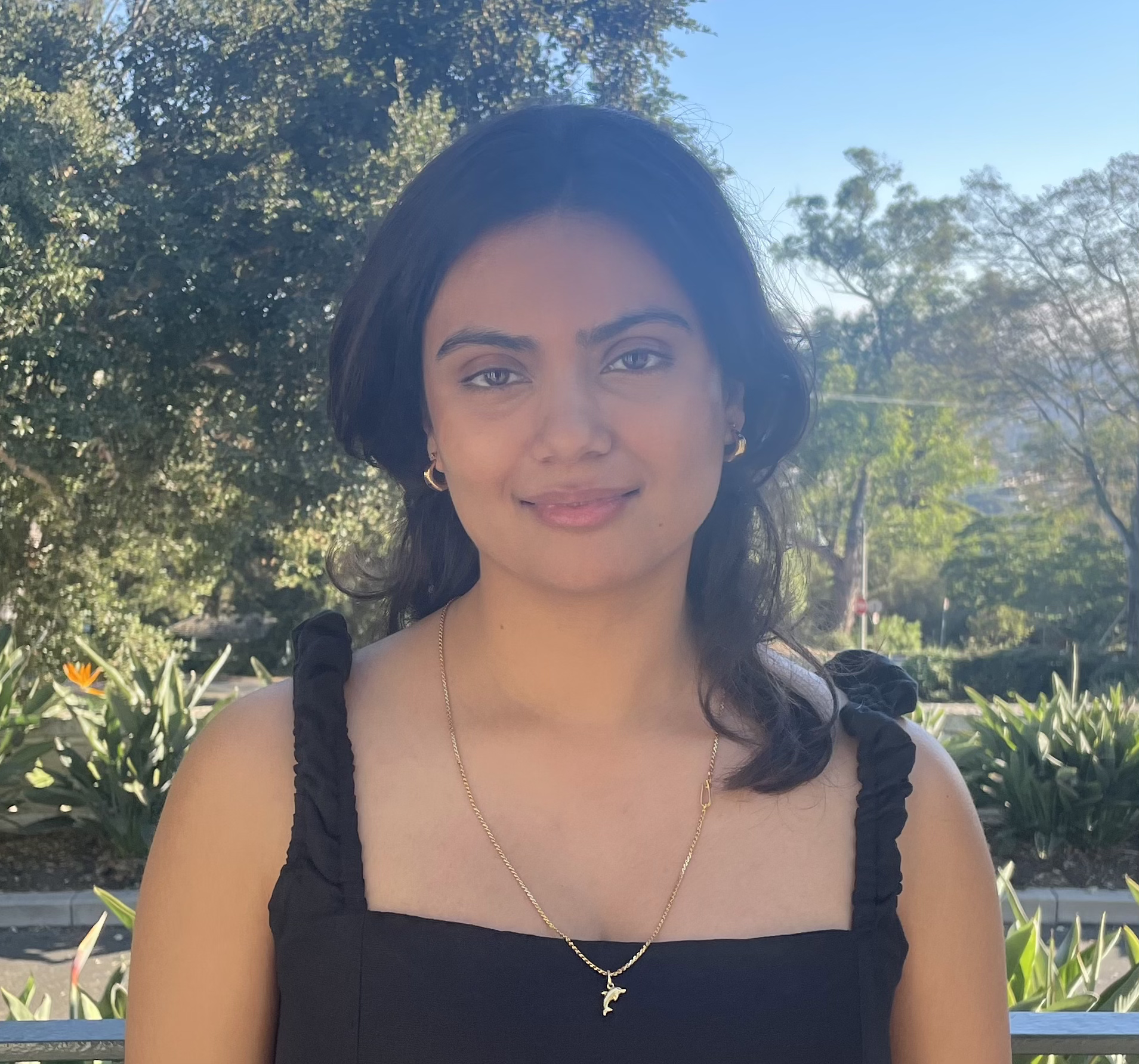
Ramsha Ushman (she/her) is a PhD candidate in the department of Anthropology at UCSB.
Her research focuses on injury, disability, industrial systems, welfare, neoliberalism, sustainability, feminist methodologies and South Asia.
“I never seem to leave”: Inertia and Crip Temporality in a Biomedical Welfare Hospital
This project is an exploration of the feminist politics of time that shape industrial workers’ subjective experiences as they navigate biomedical care at a worker-welfare hospital in Pakistan. The worker-welfare system is responsible for offering medical leave to workers in case of injury.
I follow one worker’s process of getting medical leaves and through that understand the time-based processes that are a part of the welfare system’s rehabilitative services, and the temporalities of delay and repetition workers are subjected to. I ask: What can an exploration of medical leaves as a way to manage injury reveal about the politics of time that shapes both workers’ bodily experiences and the welfare system’s care provision?

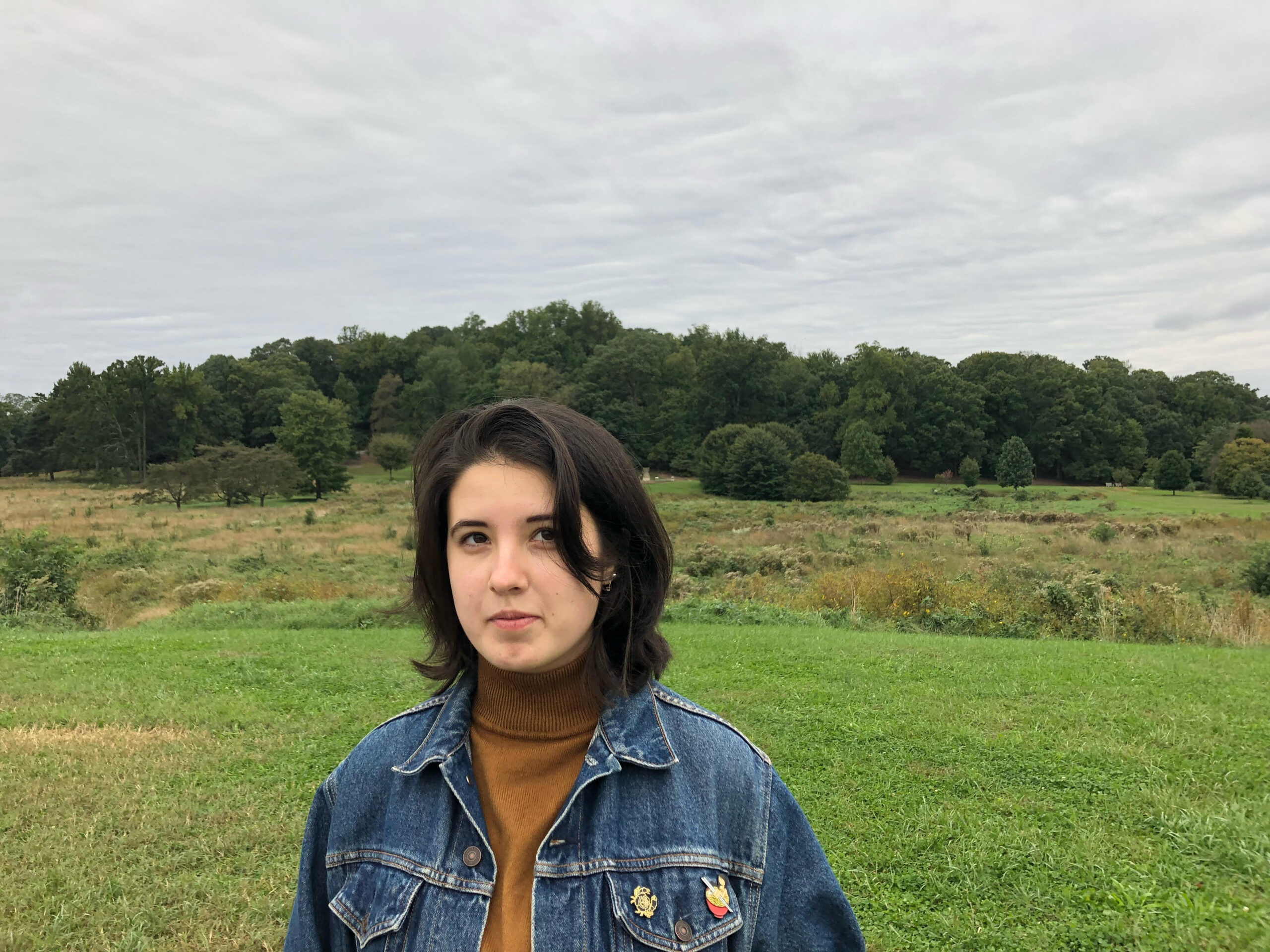
Maile Aihua Young (they/them) is a PhD candidate in the Department of English with a designated emphasis in Asian American Studies.
In the fall, they will begin a postdoctoral research fellowship in the Institute for Bioethics and Health Humanities at the University of Texas Medical Branch.
Detection: Viral Relations in the Asian American Disease Milieu
My fellowship project considers the tension between the hypervisibility of Asian Americans as vectors of certain diseases, like COVID, and the absence of Asian Americans in the cultural narratives of contagion around other diseases, like AIDS.
Reading between epidemiological media, or the scientific knowledge about disease and its spread, I critique how public health constructs knowledge of Asian Americans through an excess or lack of contagion. Instead, I turn to Asian diasporic cultural production to imagine an Asian American life that is queer, crip, unwell: or, a life not at odds with disease.
